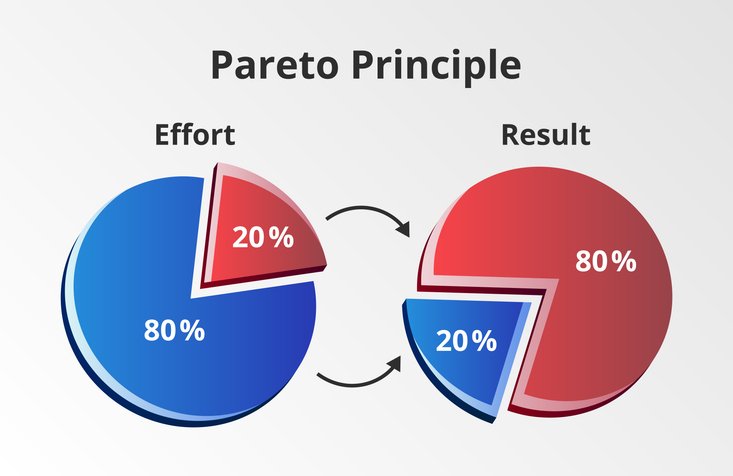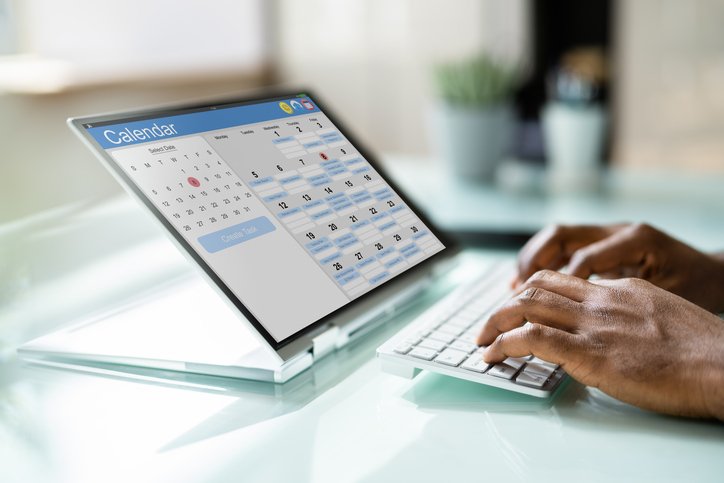The Cost of Missed Appointments: How Patients and Practices Pay the Price
Missed appointments can have a significant impact on medical practices, including dental offices. No-shows not only disrupt the daily schedule but also affect patient care and the financial stability of the practice. While occasional missed appointments are understandable due to unforeseen circumstances, a small group of patients—often referred to as serial offenders—routinely miss their appointments, sometimes multiple times in a row, even when they report being in pain.
Impact on Medical Practices
In a dental office, where scheduling is crucial to maintaining an efficient flow of patients, missed appointments result in lost time and revenue. Every missed appointment is a lost opportunity to treat other patients, and it's a cost to the practice because staff still need to be paid, and overhead expenses continue regardless. For practices that rely on carefully timed appointments, no-shows also create an uneven workflow, potentially leading to an overbooked or understaffed schedule on other days.
For patients, the impact can be equally serious. Missing an appointment may mean delaying necessary care, causing their dental issues to worsen. In cases where patients are in pain, the situation becomes more critical. Repeated missed appointments not only prolong the patient's suffering but can also lead to more complex and expensive treatments down the road.
The Pareto Principle and Serial No-Shows
The Pareto Principle, also known as the 80/20 rule, is a concept used across various industries to explain an imbalance between causes and effects. In its simplest form, it suggests that 80% of outcomes result from 20% of causes. Applied to dental practices, this means that 80% of problems, such as missed appointments, might come from 20% of patients. In my experience, a small group of serial offenders accounts for a disproportionate number of no-shows. While these patients may make up only 10–20% of my total patient base, they are responsible for the majority of the missed appointments.
Managing Serial Offenders with the "Same Day Only" Policy
To address this issue, I've implemented a "same day only" designation for patients who frequently miss their appointments. This policy means that these patients can only schedule an appointment by calling the morning of the day they want to be seen, provided there is an available opening. If there are no openings, they are asked to call again the next day. However, if they are in pain, I always make it a priority to fit them in the day they call.
This system helps prevent reserved slots from going unused due to no-shows while still providing care for patients in urgent need.
Additional Strategies to Manage No-Shows
In addition to the same-day-only policy, several other strategies can help reduce the impact of missed appointments:
Automated Reminders: Practices can send automated appointment reminders via text, email, or phone calls a few days before the appointment and again on the day of the appointment. These reminders significantly reduce no-shows.
Prepayment Policies: Some practices ask patients to make a small deposit or prepayment when booking an appointment. The deposit is refunded or credited to their account when they show up, providing a financial incentive to keep the appointment.
Clear Missed Appointment Policies: Establishing a clear policy for missed appointments can help manage serial offenders. For example, after a certain number of missed appointments, patients might automatically be moved to the "same day only" category or face a rescheduling penalty.
Education: Patients who frequently miss appointments may benefit from a discussion about the importance of maintaining their oral health and the risks associated with delaying care.
Follow-Up Calls: After a missed appointment, the practice can call the patient to reschedule and remind them of the importance of attending their next visit.
Smartphone Reminders: Use your smartphone's calendar feature. Just about everyone has a smartphone, and all of them have built-in calendars that expedite scheduling. They also have built-in alarms that can be set for multiple reminders, such as the day before, the morning of, an hour before, and fifteen minutes prior to the appointment.
Conclusion
Missed appointments, especially from serial offenders, can cause significant disruptions in a dental practice and delay much-needed patient care. By implementing strategies like the same-day-only policy, automated reminders, and clear guidelines, practices can reduce the impact of no-shows.
Patients must be mindful of their commitments, not only to their healthcare provider but also to themselves. Regular dental visits are crucial for maintaining good oral health, and missing appointments can lead to complications that are painful and expensive to treat. By keeping appointments, patients help ensure they receive the care they need when they need it.




